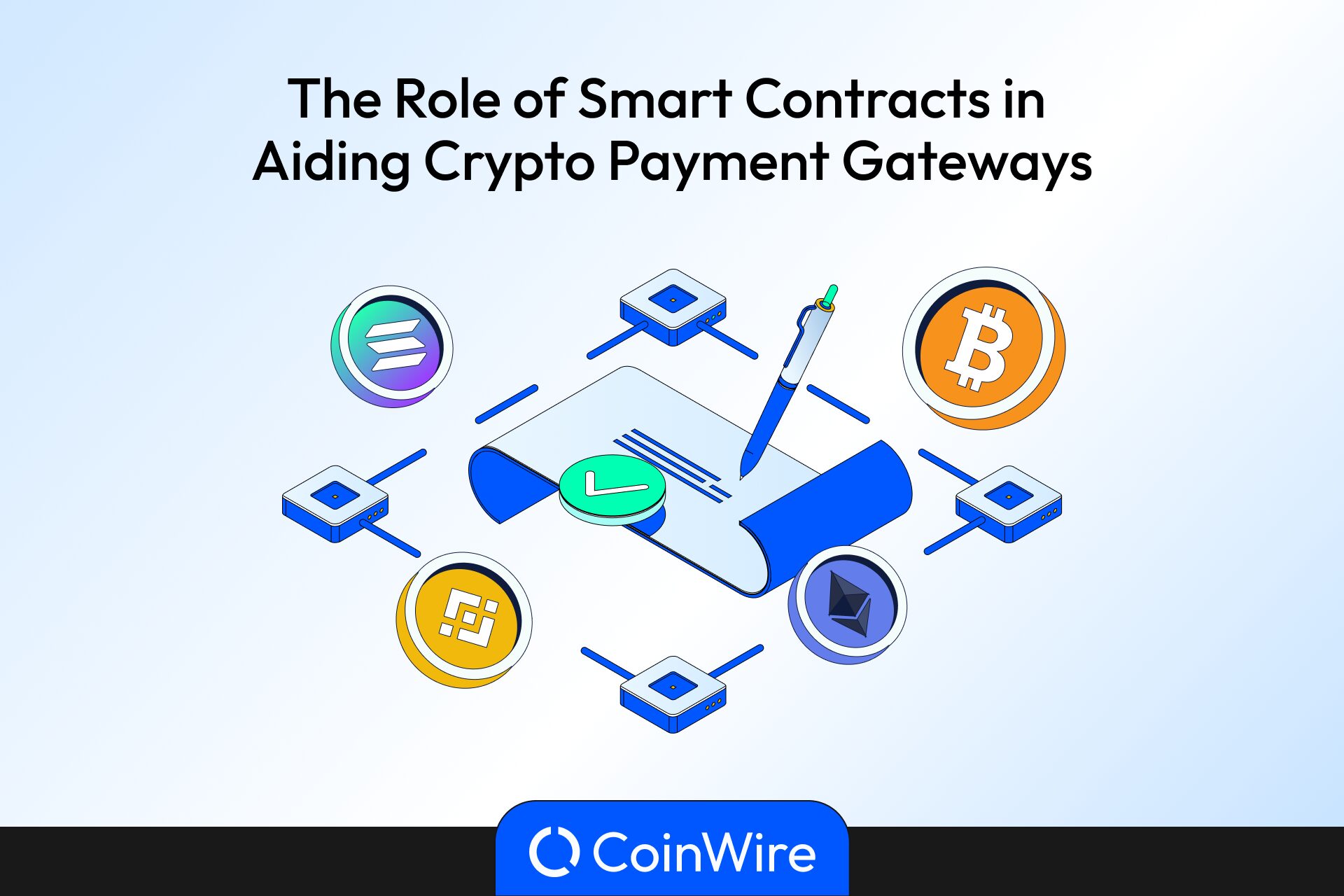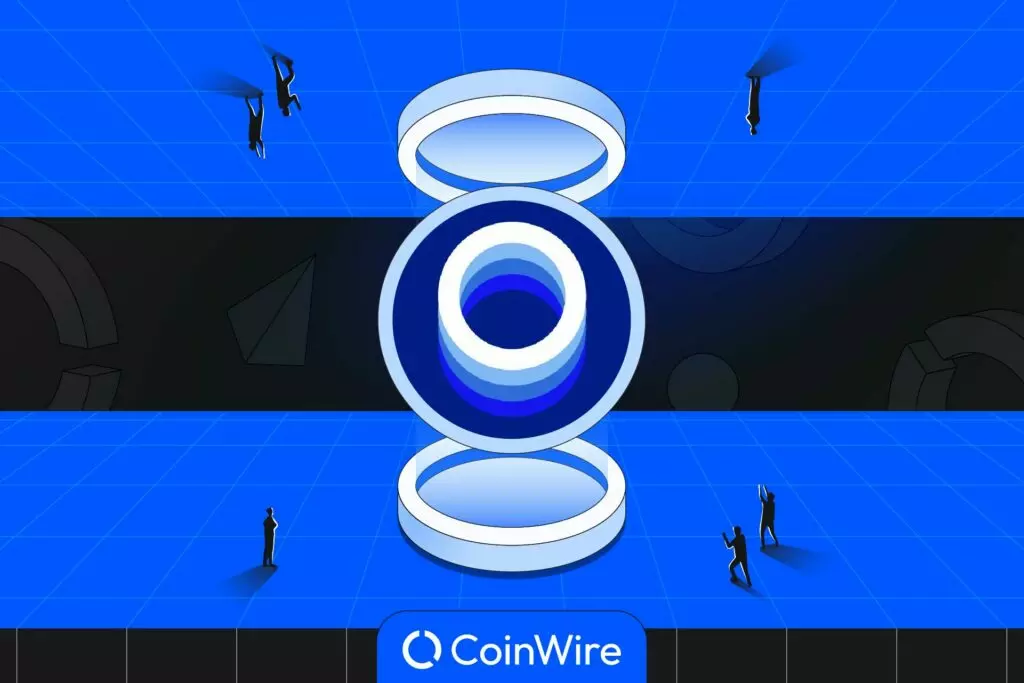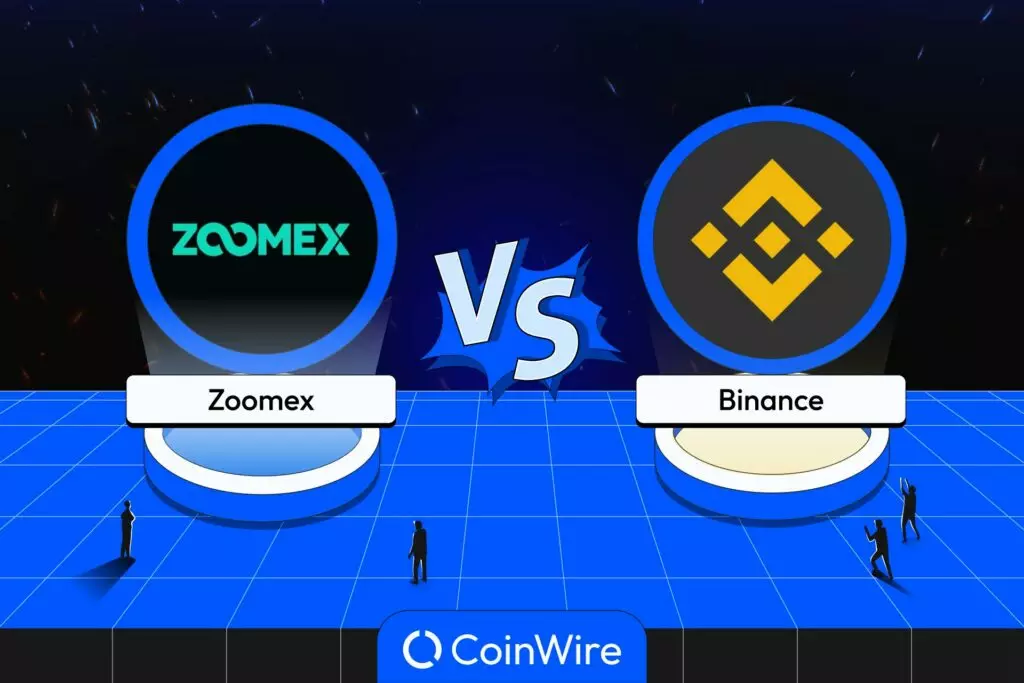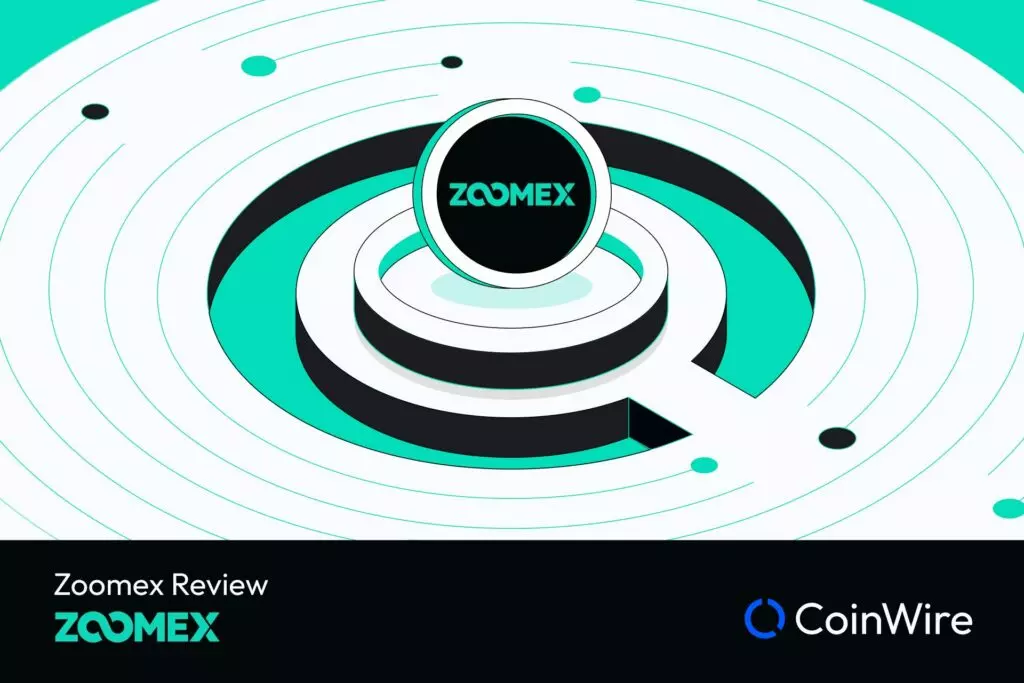The emergence of cryptocurrencies has heralded a new era of decentralized transactions. At the heart of this revolution lies the concept of a crypto payment gateway, serving as the conduits through which individuals and businesses engage in financial transactions. These gateways represent the intersection of traditional payment systems and innovative blockchain technology.
In this landscape, the role of smart contracts emerges as a cornerstone of progress. Smart contracts, powered by blockchain networks, redefine the dynamics of payment processes within crypto payment gateways. By automating and securing transactions with unparalleled precision, smart contracts pave the way for higher security, efficiency, and transparency in digital payments.
About Smart Contracts
Smart contracts represent self-executing digital contracts programmed to automatically enforce and facilitate the terms of an agreement without the need for intermediaries. This groundbreaking concept, pioneered within blockchain technology, has unlocked tons of possibilities for streamlining and securing financial transactions in unprecedented ways.
Smart contracts operate within the framework of blockchain networks, which serve as decentralized and immutable ledgers of transactions. These contracts are encoded with certain rules and conditions, confirming that agreements are executed as intended, without the possibility of manipulation or interference. Leveraging cryptographic techniques, smart contracts provide a level of security and trust unparalleled in traditional payment systems.
About Payment Gateways
Traditional payment gateways have long been the backbone of commerce, enabling transactions through credit cards, debit cards, bank transfers, and cash payments. These gateways typically rely on centralized systems operated by financial institutions, where transactions are processed and settled through intermediary entities. While effective, traditional payment gateways are often burdened by issues such as high transaction fees, lengthy settlement times, and susceptibility to fraud and chargebacks.
With the advent of the internet and digital technology, a new wave of payment gateways emerged, revolutionizing the way transactions are conducted online. Digital payment gateways offer greater convenience, accessibility, and security compared to their traditional counterparts. Online payment processors such as PayPal, Stripe, and Square have become synonymous with e-commerce, enabling businesses to accept payments seamlessly across digital channels. However, despite these advancements, digital payment gateways still face challenges related to security, privacy, and interoperability.
Enter the era of crypto payment gateways, where blockchain technology and cryptocurrencies converge to redefine the dynamics of financial transactions. Crypto payment gateways leverage the decentralized and immutable nature of blockchain networks to offer enhanced security, efficiency, and transparency in digital payments. These gateways allow users to transact directly with each other, bypassing intermediaries and traditional financial institutions. With the power of cryptocurrencies such as Bitcoin, Ethereum, and others, crypto payment gateways enable borderless, peer-to-peer transactions with minimal fees and near-instant settlement times.
Smart Contracts in Crypto Payment Gateways
Smart contracts modernize the complexity of transaction processes within crypto payment gateways, automating the execution of contractual agreements. Encoding predefined rules and conditions into immutable code, smart contracts guarantee that transactions do not require manual intervention or oversight.
Traditionally, financial transactions require the involvement of banks, payment processors, and other intermediaries. However, smart contracts enable peer-to-peer transactions directly between transacting parties. This decentralized approach fosters greater autonomy, transparency, and trust in the transaction process, as participants interact directly with each other on the blockchain network.
Smart contracts leverage cryptographic techniques and decentralized consensus mechanisms, which prevents unauthorized access, tampering, and fraud, thereby instilling confidence and trust among participants. Moreover, the transparent and auditable nature of blockchain technology provides verifiable proof of transaction history, further enhancing transparency and accountability in crypto payment gateways.
Smart contracts are not limited to simple payment transactions; they can also facilitate complex financial agreements and contracts within crypto payment gateways. From escrow services and multi-signature wallets to decentralized exchanges and automated lending platforms, smart contracts enable a wide range of sophisticated financial instruments and services. These capabilities expand the utility and versatility of crypto payment gateways, catering to diverse user needs and use cases in the digital economy.
Emerging Technologies in Smart Contract Integration
As the field of blockchain technology continues to evolve, so do the capabilities and functionalities of smart contracts. Emerging technologies and advancements in smart contract integration are poised to further enhance the efficiency, security, and versatility of digital transactions within crypto payment gateways.
- Interoperability:
One of the key advancements in smart contract integration is the pursuit of interoperability between different blockchain networks. Interoperable smart contracts will enable flawless communication and interaction between disparate blockchain platforms, facilitating cross-chain transactions and interoperable decentralized applications (dApps).
- Scalability:
Scalability has long been a challenge for blockchain networks, particularly in handling a high volume of transactions without compromising speed and efficiency. To address this issue, advancements in smart contract integration include the development of scalability solutions such as layer-2 protocols, sidechains, and sharding techniques.
- Privacy:
Privacy is another area of focus in smart contract integration, particularly in preserving the confidentiality of sensitive transaction data. Emerging technologies such as zero-knowledge proofs, homomorphic encryption, and privacy-preserving smart contracts will allow users to execute transactions and interact with smart contracts without revealing sensitive information to the public blockchain.
Potential Applications of Smart Contracts Beyond Payment Gateways
While smart contracts have gained prominence in digital payments, their potential applications extend far beyond traditional payment gateways:
- Supply chain management by automating and optimizing real-time tracking of products, automate inventory management, and trigger automated payments and settlements based on predefined conditions such as delivery confirmation or quality inspection;
- Legal and regulatory compliance processes by encoding legal agreements, compliance protocols, and regulatory frameworks into self-executing digital contracts, protecting adherence to legal and regulatory obligations while minimizing the risk of non-compliance and disputes;
- Decentralized Finance (DeFi) by powering decentralized lending platforms, automated market makers, decentralized exchanges, and other DeFi protocols for borrowing, lending, trading, and investing in digital assets;
- Insurance by automating claims processing, policy issuance, and premium payments, enhancing efficiency, transparency, and trust in the insurance industry;
- Real estate by facilitating property transactions, title transfers, and rental agreements through smart contracts, reducing paperwork, transaction costs, and the risk of fraud;
- Healthcare by securing and upgrading patient data management, medical records sharing, and insurance claims processing through encrypted smart contracts, maintaining privacy and data integrity;
- Voting and governance by establishing secure and transparent voting processes, shareholder agreements, and governance mechanisms through tamper-proof smart contracts, enhancing democracy and accountability in decision-making.
After all, smart contracts represent a paradigm shift in the way digital transactions are executed and governed. As smart contract technology continues to progress and integrate with emerging technologies, its potential applications and impact on the future of digital transactions are boundless.



![Top 12 Best Crypto Signals Telegram Channels & Groups in [currentyear] 2 Best Crypto Signals Telegram Channels](https://coinwire.com/wp-content/uploads/2023/07/best-crypto-signals-telegram-channels-1024x683.jpg)



![Crypto.com Referral Code for [currentyear]: "coinwire" - $50 SignUp Bonus 6 Crypto.com Referral Code](https://coinwire.com/wp-content/uploads/2023/09/crypto-com-referral-code-1024x683.jpg)